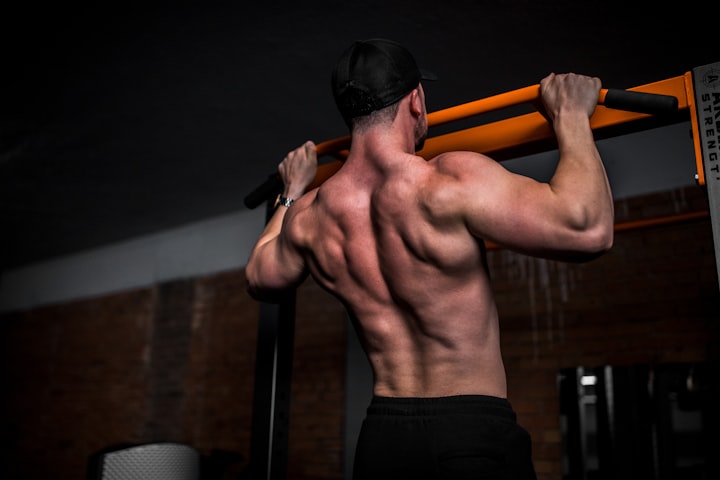high-protein diet foe muscle building
Fueling Your Gains: Harnessing the Power of Protein for Muscle Growth and Strength

A high-protein diet is often associated with muscle building and is popular among athletes, bodybuilders, and fitness enthusiasts. Protein is essential for muscle growth and repair, making it a key macronutrient for individuals looking to build and maintain muscle mass. In this article, we will explore the principles of a high-protein diet for muscle building.
1. Protein Requirements: The recommended protein intake for muscle building typically ranges from 0.6 to 1 gram of protein per pound of body weight (or 1.4 to 2.2 grams per kilogram). However, individual protein needs may vary based on factors such as age, activity level, and overall goals. Consulting with a healthcare professional or registered dietitian can help determine your specific protein needs.
2. High-Quality Protein Sources: Focus on incorporating high-quality protein sources into your diet. These include lean meats (such as chicken, turkey, lean cuts of beef ) poultry, fish, eggs, dairy products (such as Greek yogurt and cottage cheese), legumes (beans, lentils), tofu, tempeh, seitan, and plant-based protein powders. These sources provide essential amino acids, which are the building blocks of protein.
3. Distribution of Protein Intake: It's important to distribute your protein intake evenly throughout the day to optimize muscle protein synthesis. Aim to include a source of protein at each meal and consider having a protein-rich snack between meals to support muscle recovery and growth.
4. Timing of Protein Intake: While total daily protein intake is crucial, the timing of protein consumption around workouts may also have benefits. Consuming protein within the pre- and post-workout periods can help maximize muscle protein synthesis and enhance recovery. Aim to have a protein-rich meal or snack within 1-2 hours before and after your workout.
5. Protein with Complex Carbohydrates: Pairing protein-rich foods with complex carbohydrates can provide a balanced meal that supports muscle building and replenishes glycogen stores. Opt for whole grains, fruits, and vegetables to accompany your protein sources, as they provide additional nutrients and energy.
6. Adequate Caloric Intake: To support muscle building, it's important to consume enough calories to meet your energy needs. A caloric surplus may be necessary to provide the extra energy required for muscle growth. However, it's essential to monitor overall calorie intake to avoid excessive weight gain.
7. Hydration: Don't forget the importance of staying adequately hydrated. Water is crucial for optimal muscle function, nutrient transport, and overall performance. Aim to drink water consistently throughout the day and increase your fluid intake during workouts.
8. Variety and Nutrient Balance: While protein is a key focus, it's important to maintain a well-rounded and balanced diet. Include a variety of nutrient-dense foods from different food groups to ensure you're obtaining a wide range of vitamins, minerals, and other essential nutrients necessary for overall health and optimal muscle function.
9. Individualization and Professional Guidance: Each person's protein requirements and dietary preferences may differ. It's essential to consider individual needs, allergies, and personal preferences when designing a high-protein diet for muscle building. Consulting with a registered dietitian or nutritionist who specializes in sports nutrition can provide personalized guidance based on your specific goals and requirements.
Click here : https://www.digistore24.com/redir/283755/Lina-ci/
It's worth noting that a high-protein diet alone may not guarantee muscle growth. Regular resistance training exercises, adequate rest and recovery, and overall balanced nutrition are also vital components of a comprehensive muscle-building regimen.
In conclusion, a high-protein diet can support muscle building when combined with appropriate exercise and overall nutritional balance. Focus on consuming high-quality protein sources, distribute protein intake evenly throughout the day, consider timing protein around workouts, and ensure adequate caloric intake and hydration. Personalization and professional guidance can help optimize your dietary approach for muscle building success.





Comments
There are no comments for this story
Be the first to respond and start the conversation.